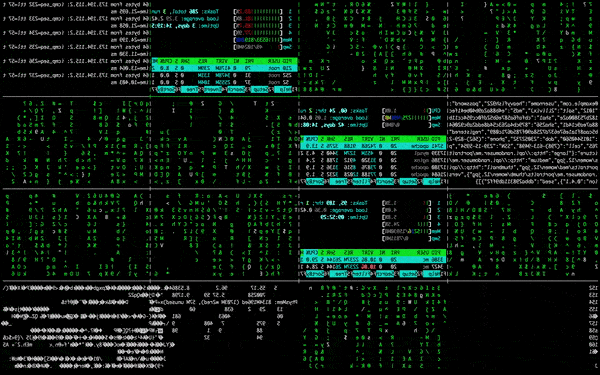Do you ever get the feeling that your friends aren’t telling you the truth? Do you consistently chastise your significant other for their vacuous responses to existential questions such as, “do you like my new haircut?” Do the opinions of others affect your sense of self? Does this type of acute paranoia have a detrimental effect on your ability to maintain relationships with family and friends?
Kander is a new app, released last month, fashioned as a mix between Instagram and Tinder, wherein users receive anonymous votes on their photos from their followers or the public. The interface allows two options for voting: either a single photo is posted (LoneShots), which users then swipe right to like or left to dislike; or, two photos are aligned together vertically (DuelPics), giving voters an either-or choice. Comments can also be posted anonymously until a given expiration time when usernames are then made public.
“My vision for Kander is to create a social media platform that allows users to get honest opinions from friends in a fun and engaging manner,” writes CEO, co-founder and creator Anthony Alcazar.
This anonymous voting interface differentiates Kander from other social media. Twitter and Facebook have likes, Tinder has matches, and Tumblr has reblogs—information that, while virtual, is still tied to the real-life you. Kander, however, offers faceless interaction—an ability to tell your friends what you really think. This approach raises a few questions. Does a lack of anonymity vitiate our ability to be honest? And, more importantly, what are the effects of rooting self-confidence in the opinions of others?
A 2006 study, published by CyberPsychology & Behavior, found that adolescents ages 10 to 19 who received positive feedback on a Dutch friend-networking site displayed increased social self-esteem and well-being; conversely, those who received negative feedback displayed the opposite effects. While this information may seem patently obvious, it illustrates that, for some, internet feedback has a symbiotic relationship with real-life well-being.
The ability for people to communicate anonymously on the internet is certainly not new. Tumblr allows for users to anonymously communicate, while numerous websites from Yelp to Amazon utilize commenting platforms wherein users can voice their opinions under the faceless guise of anonymity.
The launch of Kander signifies another step in this direction for social media users. The company’s assertion that the app will “capture the opinions of those who matter most to you,” takes a certain premise for granted: that without anonymity, we are unable to be honest with each other. For some, this may be a frightening prospect, a prospect that the potential future success of Kander may vindicate.














